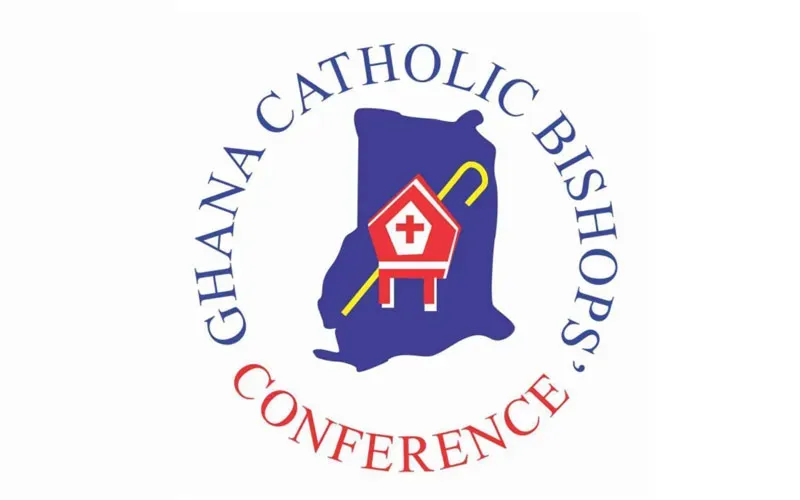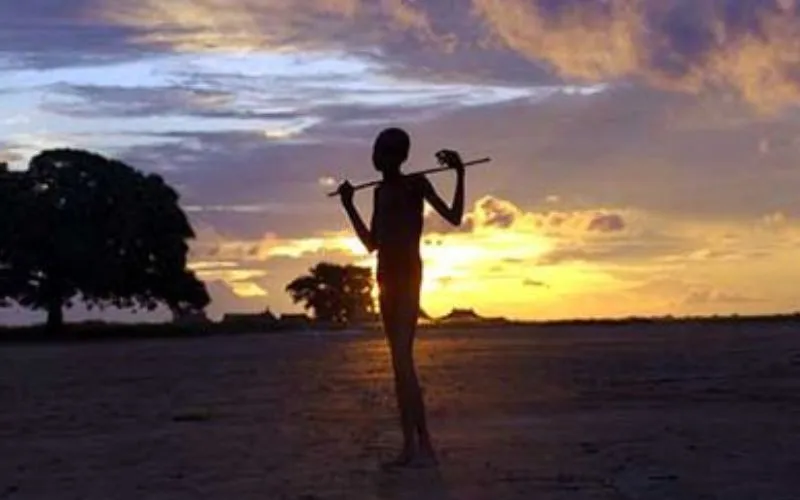The leaders insist that the Church rejects what they refer to as the “unfounded and demeaning assumption” that the sexual behavior of homosexual persons is always and very compulsive and therefore, they should not be blamed for their homosexual acts.
The Catholic Bishops, however, clarify that even though the Church strongly condemns homosexual acts, it insists that the rights of homosexuals as persons should be respected.
“Homosexuals are also human beings, created in the image of God, and they should enjoy the same fundamental human rights that all people enjoy,” GCBC members say in their statement, and pose, “However, what are these human rights?”
“By human rights, we mean the universal, inviolable and inalienable rights that are due to the human person as a rational being possessing a free will. Human rights protect, or are intended to protect the dignity of the human person against State and Society.”
Particular human rights, the Catholic Bishops clarify, “include the right: to life, personal liberty and due process of law; to freedom of thought, expression, religion, organization, and movement; to freedom from discrimination on the basis of race, religion, age, language, and sex; to basic education to employment; and to property.”
(Story continues below)
The members of GCCBC note that the Church’s understanding of human rights clarifies that the rights of homosexuals as persons do not include the right of a man to marry a man or of a woman to marry a woman.
“For the Church, this is morally wrong and goes against God's purpose for marriage,” they say in reference to same-sex marriages.
“We should also point out that the European Court for Human Rights has ruled that same-sex marriages are not considered a human right, making it clear that homosexual partnerships do not in fact equal marriages between a man and a woman,” they say.
The Catholic Church leaders have however, underscored the need to respect everyone irrespective of their sexual inclinations.
“It is not right to subject homosexuals to any form of harassment simply because they are homosexuals,” the Catholic Bishops say in their report, and add, “The intrinsic dignity of each person must always be respected in word, in action and in law. Homosexuals must be accepted with respect, compassion and sensitivity.”
They further say, “According to Pope Francis, the homosexual person needs to be respected in his or her dignity and treated with consideration, and every sign of unjust discrimination is to be carefully avoided, particularly any form of aggression or violence.”
Agnes Aineah is a Kenyan journalist with a background in digital and newspaper reporting. She holds a Master of Arts in Digital Journalism from the Aga Khan University, Graduate School of Media and Communications and a Bachelor's Degree in Linguistics, Media and Communications from Kenya's Moi University. Agnes currently serves as a journalist for ACI Africa.








